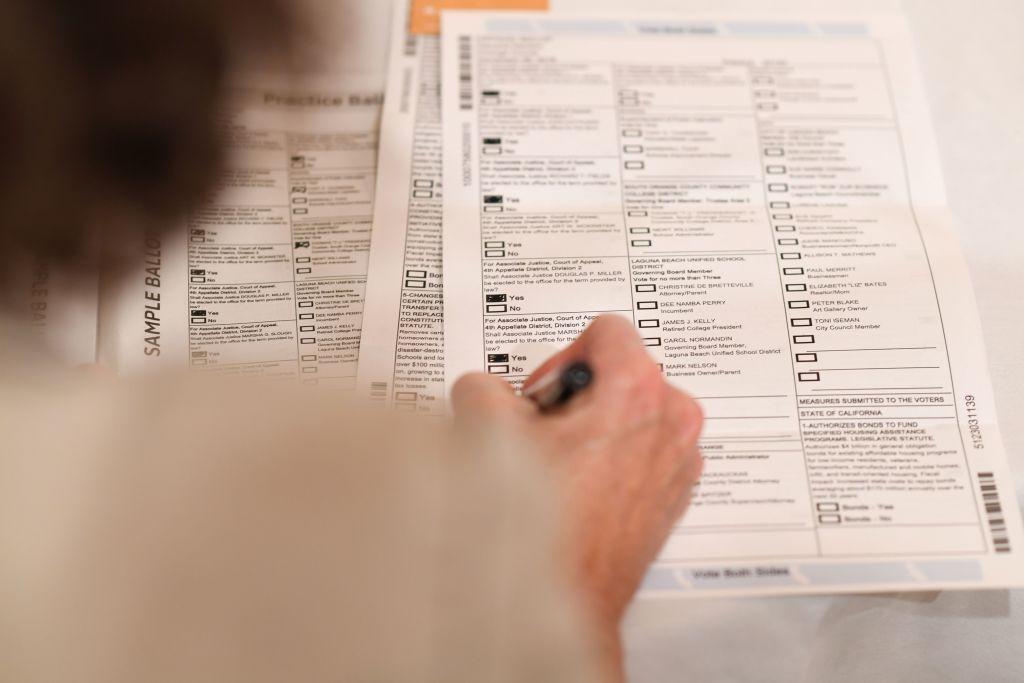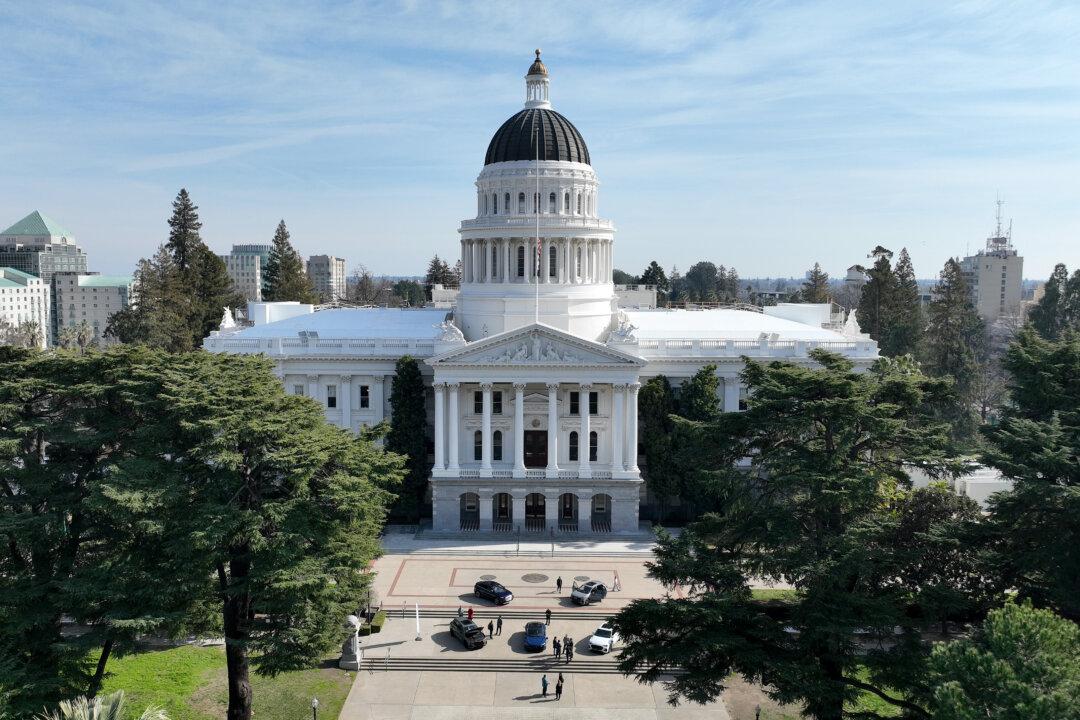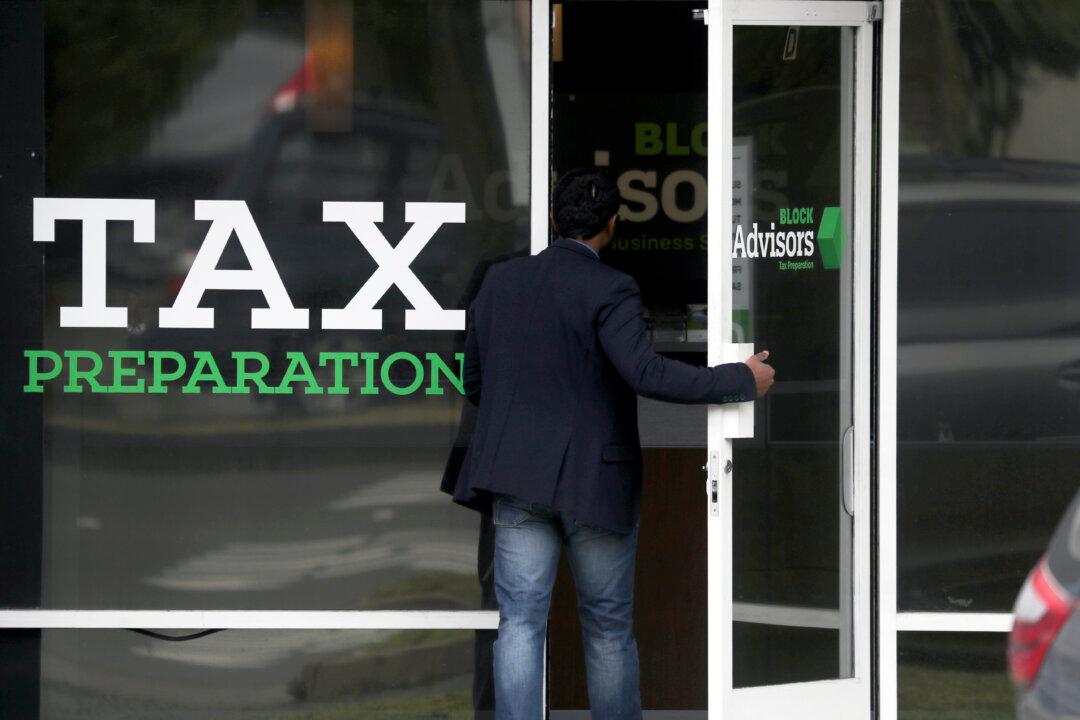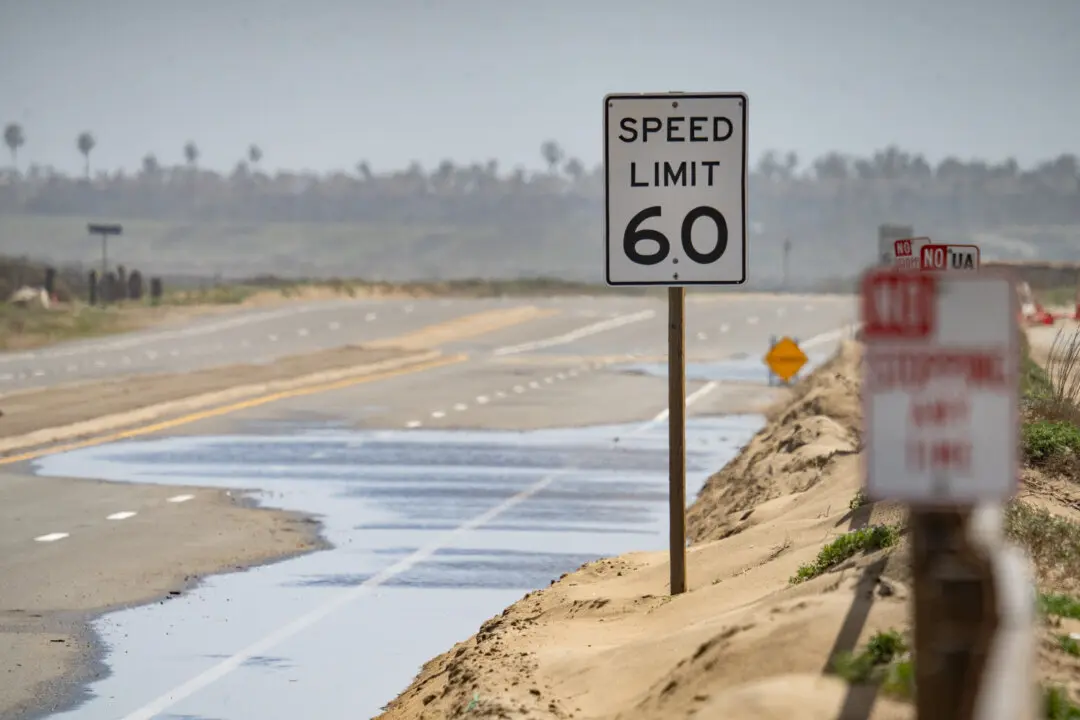SACRAMENTO—California legislators recently introduced a bill, Senate Bill 27, that aims to establish new regulations regarding presidential and gubernatorial candidates.
Initiated by state Sens. Scott Wiener (D-San Francisco) and Mike McGuire (D-Healdsburg), the bill would require presidential and gubernatorial candidates to release five years’ worth of tax returns to have the candidate’s name placed on a primary election ballot.





